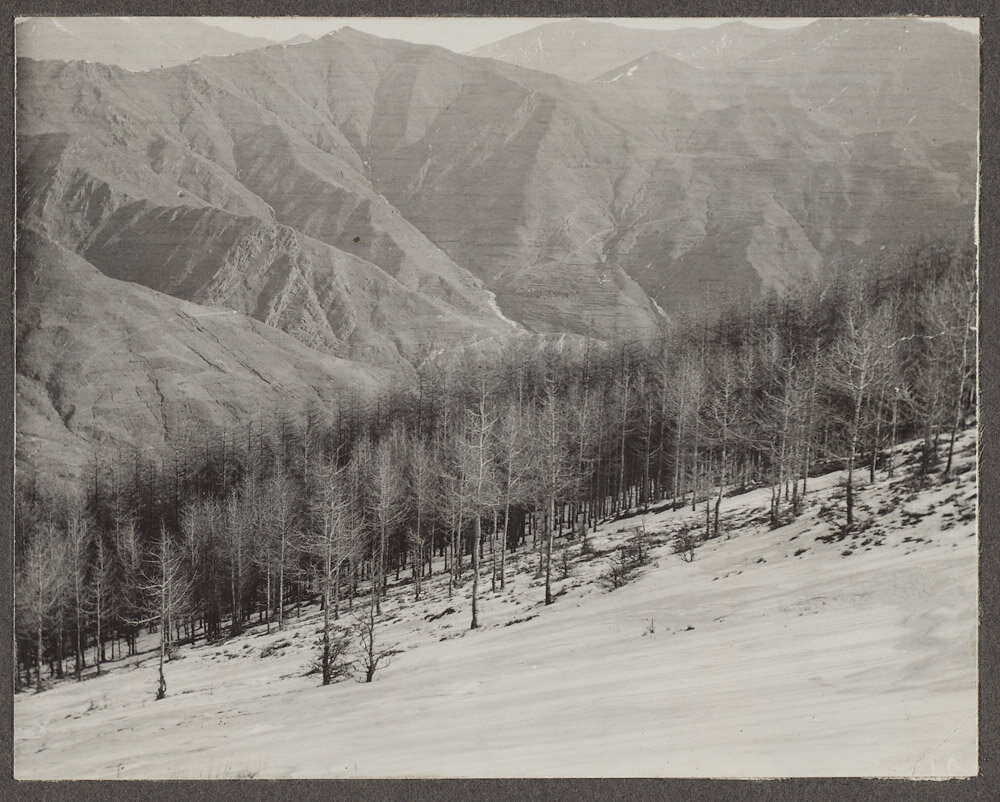
When life gives you lemons: Frank Meyer, authority, and credit in early twentieth-century plant hunting.
In the early twentieth century, the United States Department of Agriculture (USDA) funded international expeditions with the aim of finding plant specimens for introduction into the agricultural landscape and the new experimental projects in hybridisation. One such agricultural explorer, noted for his eponymous lemon, was Frank Nicholas Meyer, an immigrant from the Netherlands whose expeditions in Asia have brought to the United States celebrated fruit and toxic weeds. Neither professional botanists nor farmers, plant hunters like Meyer worked by taking advantage of historical allegiances to academic programs, while leaning on the authority of their newer national institutions. In addition to plants, through photographs that transposed Chinese landscapes to U.S. environmental counterparts, Meyer contributed to the imagination of the agricultural promise of the American West. The era of these plant explorers has ended but their material trace remains in a variety of spaces and modes of existence that have hitherto been disregarded. Reading Meyer’s letters shows the authority and discipline behind his transformation from gardener’s apprentice to professional plant collector. I argue that photographs and plants are understudied material traces that enable historians to re-examine the means by which credit was received, given, and exchanged. By drawing together these traces, I chart the continued importance of exploration and collection in the twentieth century and show the epistemic continuity between nineteenth-century natural history and twentieth-century experimental science.
When life gives you lemons: Frank Meyer, authority, and credit in early twentieth-century plant hunting. History of Science 56 (4). 432-469 https://doi.org/10.1177/0073275318784124